Over the years, I've read multiple versions, phenomenal translations and modern retellings. So be prepared for a potpourri.
Mahabharat - the great war - 18 days of heroism, deceit, blood and intrigue - now as a mega Twitter thread.
I'll add the events from a few days of the war each day.
Caveats: lots of editorialization, creative liberties and interpretations.
Over the years, I've read multiple versions, phenomenal translations and modern retellings. So be prepared for a potpourri.
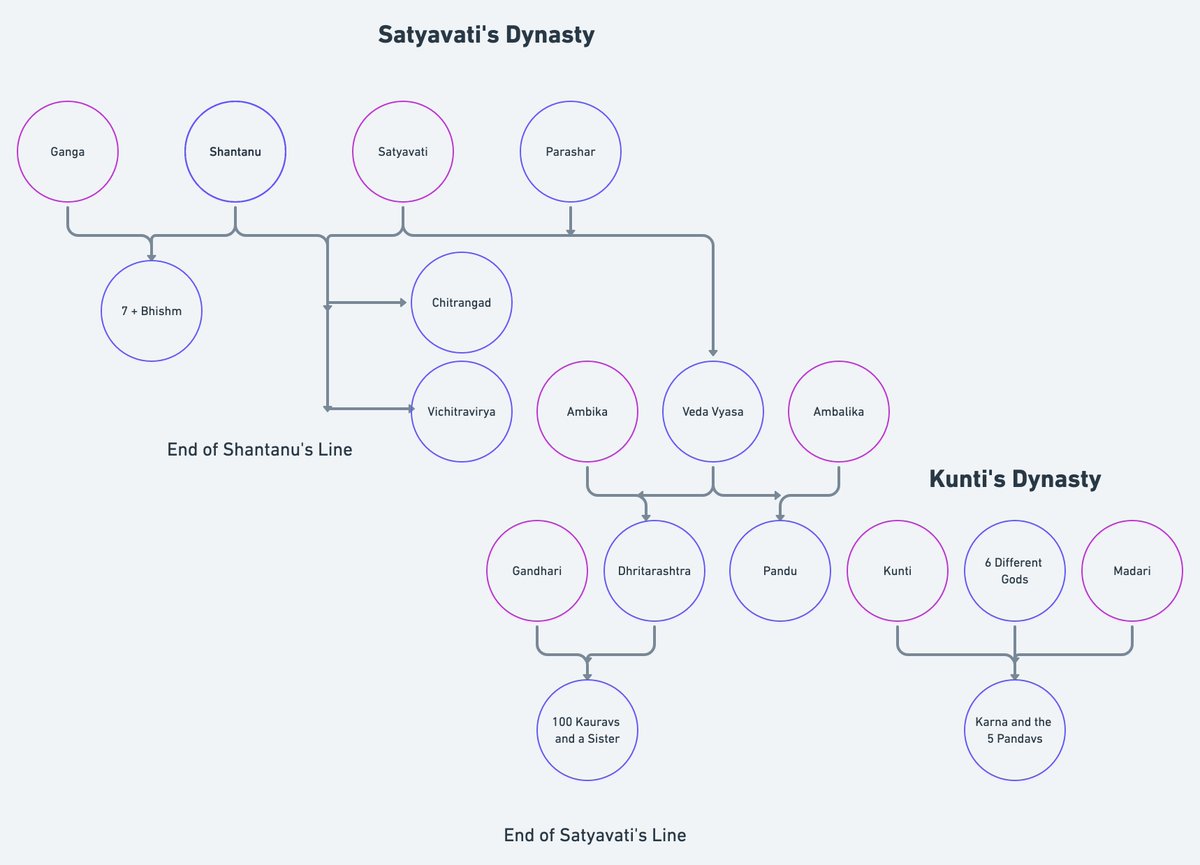
Pandu never fathered any children. Kunti and Madari gave birth to six demi-gods (Karna and the five Pandavs).
So Satyavati Vs Kunti and Madari.
Bhishm - the grandsire - single-handedly turned the Kurus into the biggest kingdom on the map. Before he was an old man - he was first and foremost a fearsome warrior.
https://t.co/bV5Qwn8KmD
A hundred and one test tube super babies (100 sons and one daughter) vs 5 legendary demi-gods.
And there were the gods opposing each other. Surya - the sun god Vs Indra - the king of gods. Karna vs Arjun in the heavens.
- fight from sunrise to sunset
- single combat only between equals (cavalry fights cavalry, not foot soldiers)
- no attacking those who were leaving the field/ retiring
- no interfering in one-on-one battles
- those who surrendered/ disarmed were safe from slaughter
Over the next 18 days - each of these rules was broken. Many times!
Bhishm seemed to be in a hurry to end the war. Wherever he went, scores of warriors died. But Abhimanyu held him back - hitting him nine times with his arrows and bringing down his flag.
But there were casualties. King Virat lost both his sons - Uttar and Shvet to king Shaly and Bhishm.
The new kids on the block weren't a match for the veterans.
More from All
You May Also Like
1/“What would need to be true for you to….X”
Why is this the most powerful question you can ask when attempting to reach an agreement with another human being or organization?
A thread, co-written by @deanmbrody:
2/ First, “X” could be lots of things. Examples: What would need to be true for you to
- “Feel it's in our best interest for me to be CMO"
- “Feel that we’re in a good place as a company”
- “Feel that we’re on the same page”
- “Feel that we both got what we wanted from this deal
3/ Normally, we aren’t that direct. Example from startup/VC land:
Founders leave VC meetings thinking that every VC will invest, but they rarely do.
Worse over, the founders don’t know what they need to do in order to be fundable.
4/ So why should you ask the magic Q?
To get clarity.
You want to know where you stand, and what it takes to get what you want in a way that also gets them what they want.
It also holds them (mentally) accountable once the thing they need becomes true.
5/ Staying in the context of soliciting investors, the question is “what would need to be true for you to want to invest (or partner with us on this journey, etc)?”
Multiple responses to this question are likely to deliver a positive result.
Why is this the most powerful question you can ask when attempting to reach an agreement with another human being or organization?
A thread, co-written by @deanmbrody:
Next level tactic when closing a sale, candidate, or investment:
— Erik Torenberg (@eriktorenberg) February 27, 2018
Ask: \u201cWhat needs to be true for you to be all in?\u201d
You'll usually get an explicit answer that you might not get otherwise. It also holds them accountable once the thing they need becomes true.
2/ First, “X” could be lots of things. Examples: What would need to be true for you to
- “Feel it's in our best interest for me to be CMO"
- “Feel that we’re in a good place as a company”
- “Feel that we’re on the same page”
- “Feel that we both got what we wanted from this deal
3/ Normally, we aren’t that direct. Example from startup/VC land:
Founders leave VC meetings thinking that every VC will invest, but they rarely do.
Worse over, the founders don’t know what they need to do in order to be fundable.
4/ So why should you ask the magic Q?
To get clarity.
You want to know where you stand, and what it takes to get what you want in a way that also gets them what they want.
It also holds them (mentally) accountable once the thing they need becomes true.
5/ Staying in the context of soliciting investors, the question is “what would need to be true for you to want to invest (or partner with us on this journey, etc)?”
Multiple responses to this question are likely to deliver a positive result.





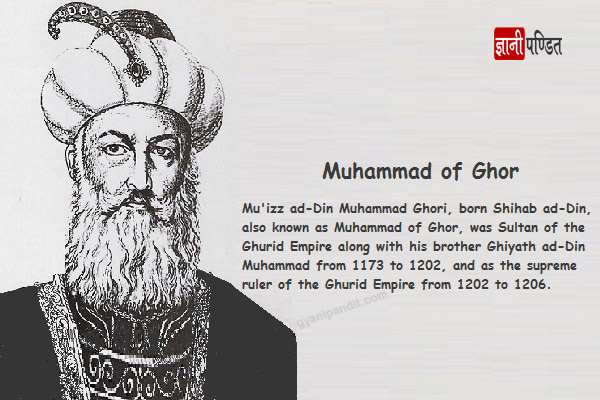
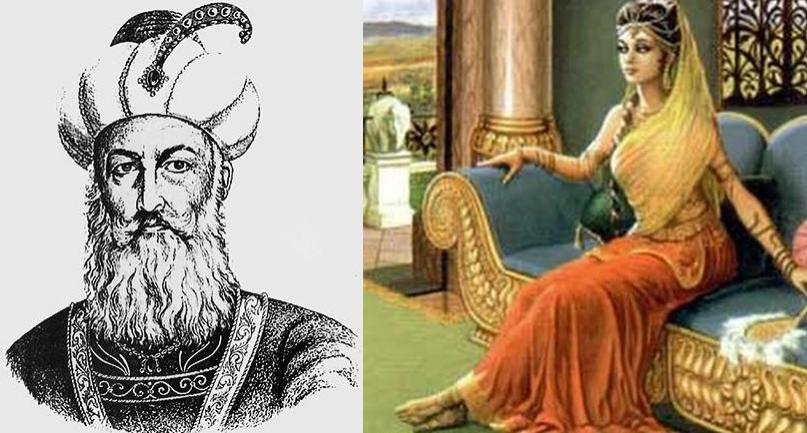
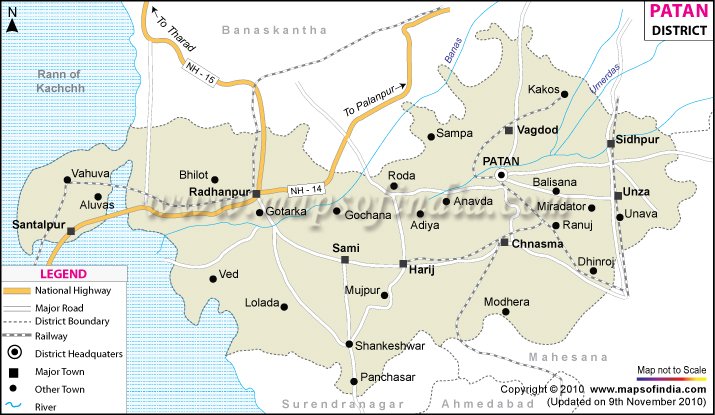
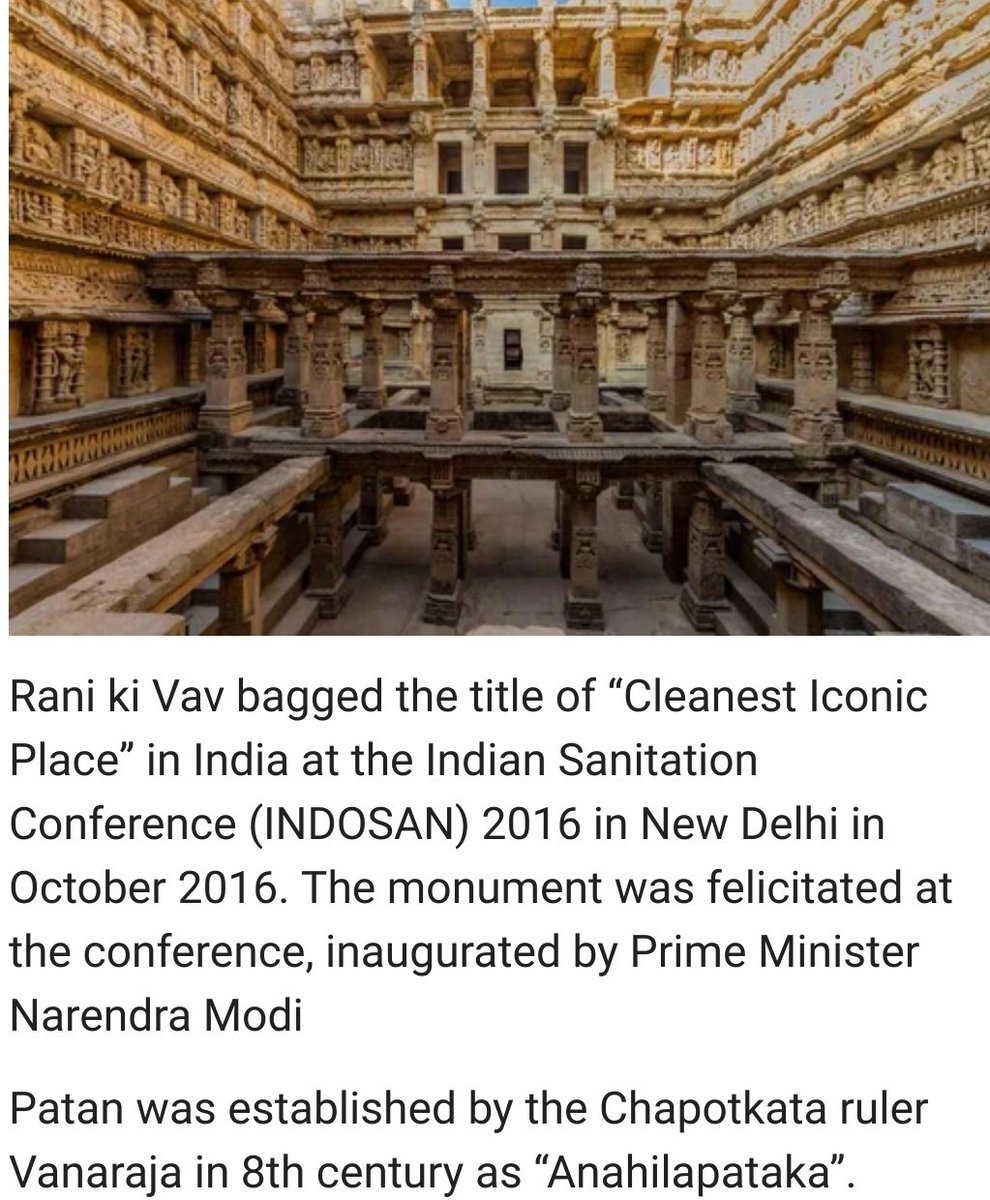
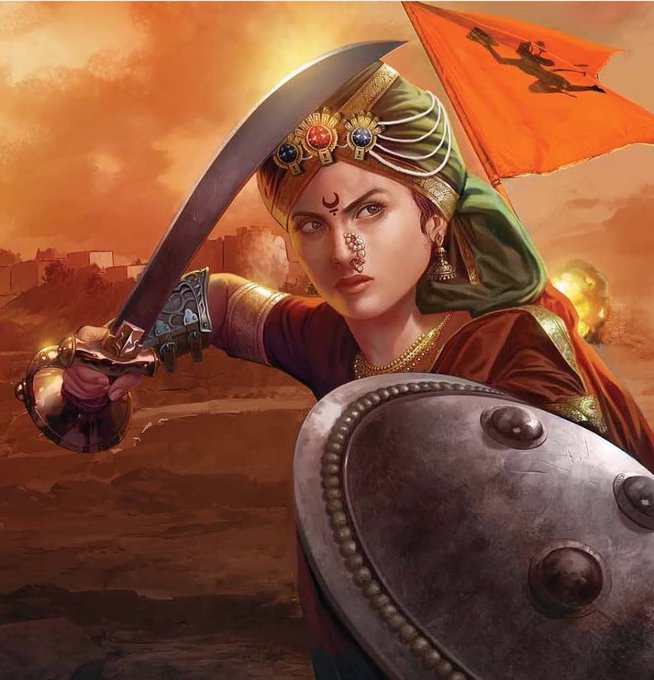















![Peter McCormack [Jan/3\u279e\u20bf \U0001f511\u220e]](https://pbs.twimg.com/profile_images/1524287442307723265/_59ITDbJ_normal.jpg)